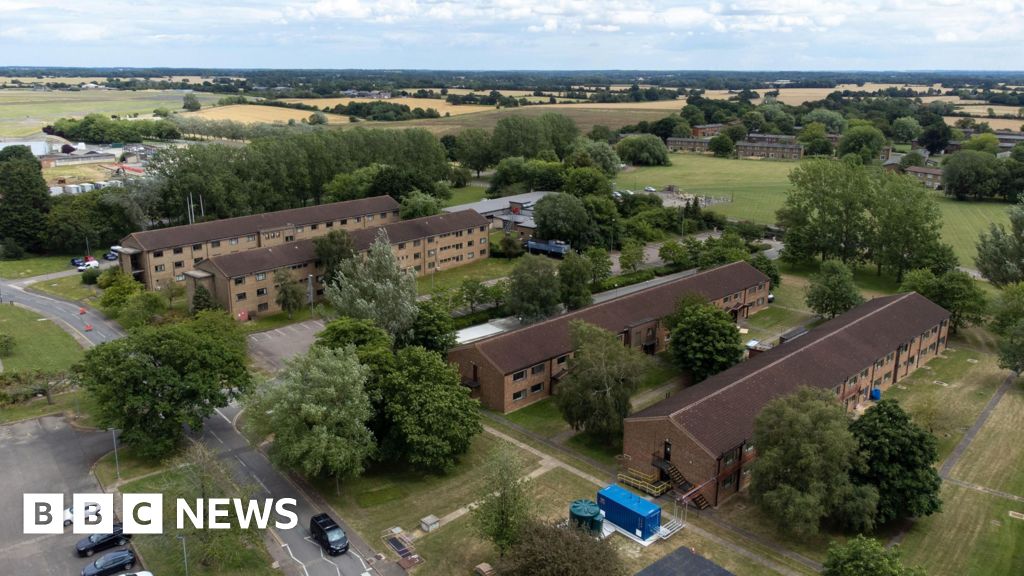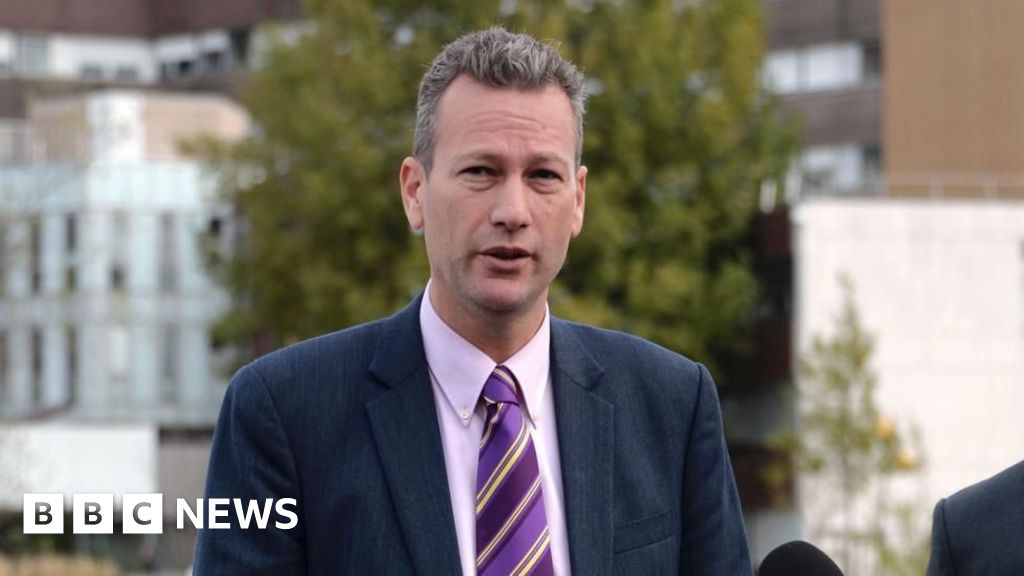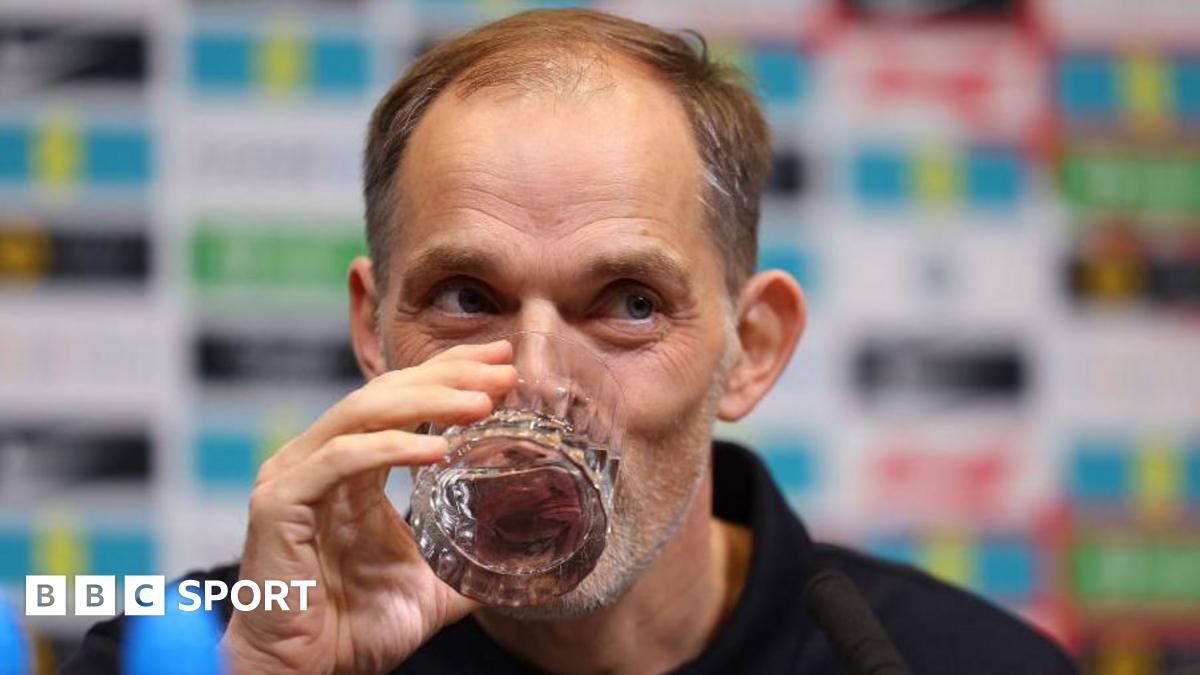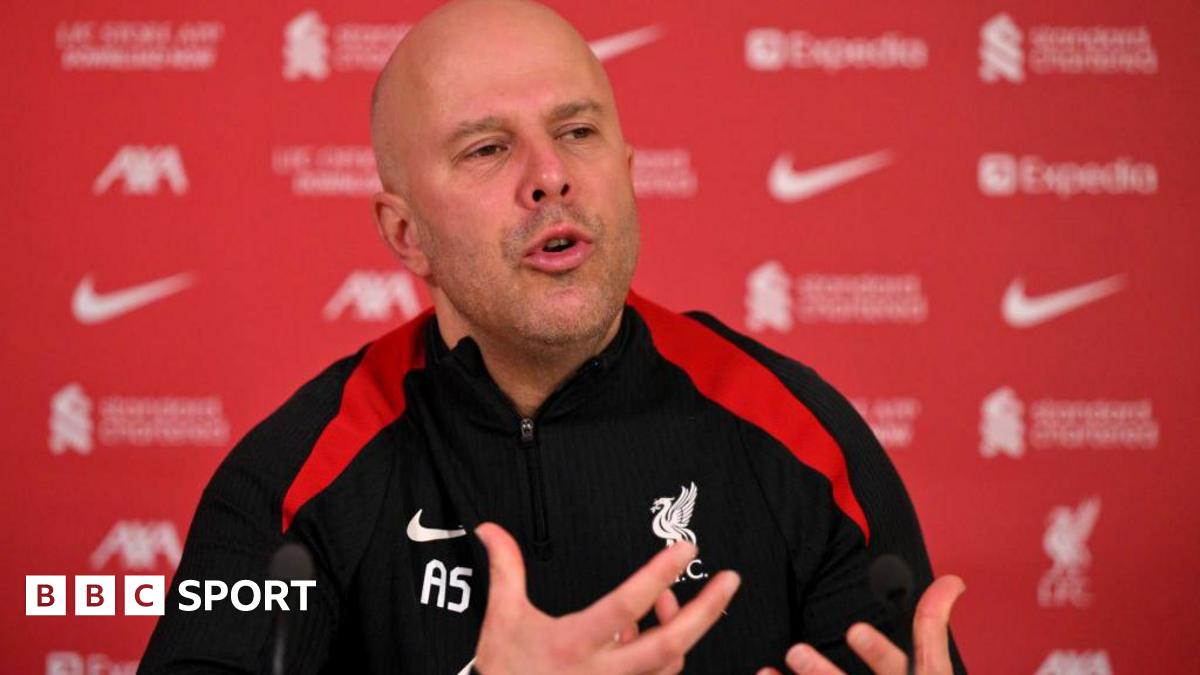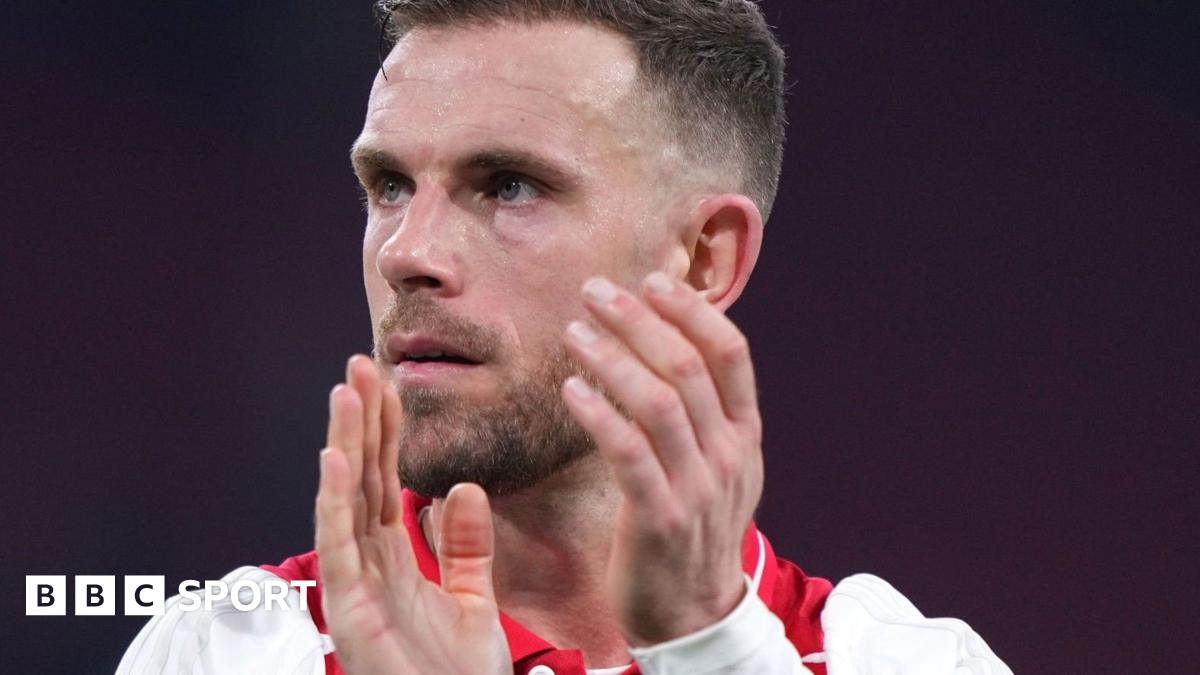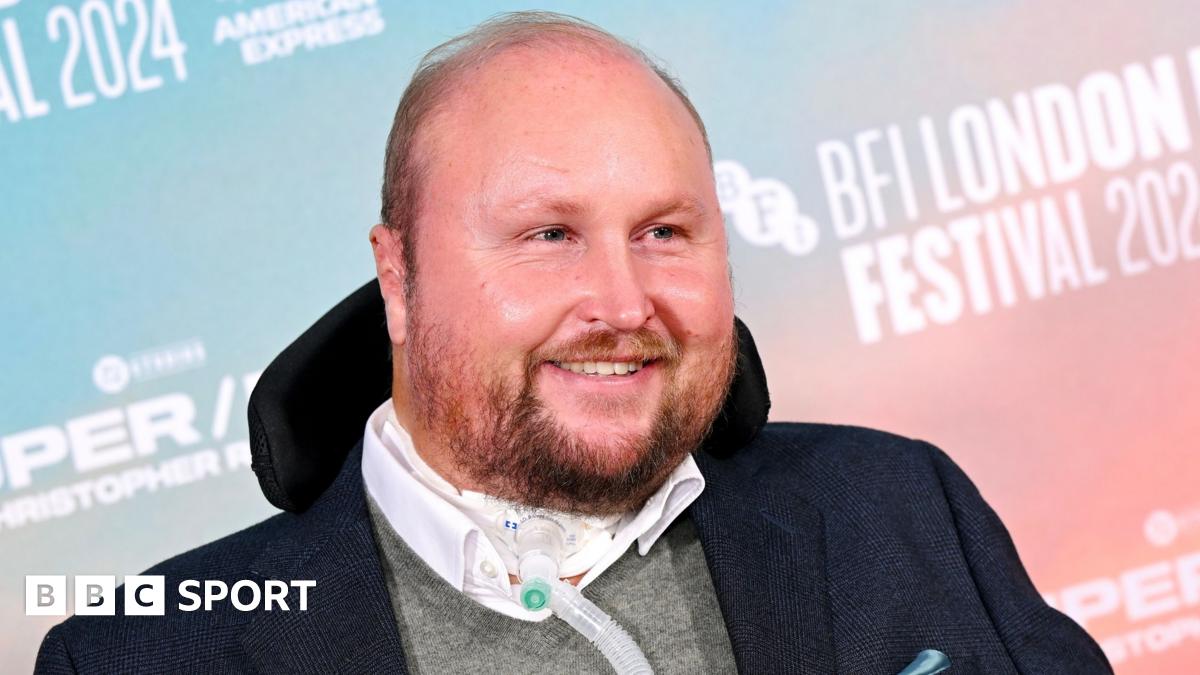Former Gloucester and Leicester lock Ed Slater said he wants to "thank" Rob Burrow for giving a voice to him and so many other people with motor neurone disease.
Rugby league great Burrow died aged 41 on 2 June, more than four years after being diagnosed with MND.
Slater, 35, has been living with MND, a degenerative condition that affects nerves in the brain and spinal cord, since being diagnosed in 2022.
"Rob was a special human, he has left us so many incredible stories and that's just his rugby career alone, how successful he was defying the odds, the size of the spirit he had," Slater told BBC Breakfast.
"Then you move on to his life with MND, his devotion to Lindsey [Burrow's wife] and the kids and then of course leading so many of us out of the darkness by shining a light on MND.
"That's why when I heard Rob had passed away the first words I could think of were 'thank you'.
"So many people now have that voice including myself and that's a real gift he's been able to give the MND community."
Slater and Burrow are among a number of high-profile sportspeople who have campaigned and raised massive awareness of MND after being diagnosed.
Former Scotland rugby union lock Doddie Weir, who died in November 2022, and ex-footballers Stephen Darby and Len Johnrose are among those to have brought the condition into the wider consciousness.
Slater made 78 appearances for Gloucester after joining the Cherry and Whites in 2017 and was still playing for them when he first began to experience symptoms.
He previously captained Leicester and won the Premiership title there in 2012-13 during a seven-year spell with the club.
The two sides now contest the Slater Cup whenever they play each other in the Premiership.
Slater says he experienced "difficulties" with losing his mobility and speech but was given advice from Burrow which helped.
"That brought on a lot of fear and I spoke to Rob about that and he explained that although he understands, the fact that Lindsey and the kids are around him every day he said he’s never been more comfortable," Slater said.
"What he was saying to me was if you have your family that's OK, it might not be how you want it to be but see the beauty in that.
"That's what I focus my mind on when I have those difficult thoughts."
Slater - with support from his wife, Jo, with whom he has three children - began adapting his life soon after his diagnosis and recorded his voice, with MND known to affect speech.
He also has an eye gaze system that uses his voice, to enable him to communicate using eye movements, as Burrow did.
"It won't be long before I have to use it regularly - that’s going to be essential," Slater said.
"Being able to talk to the kids will be so important - if Frank wants to talk about Charlton [Athletic - the club Slater supports], or Edie about dance or Flo about playing in goal.
"The smallest things are the biggest things it will give me an opportunity to carry on.
"Those conversations are so important keeping me connected, albeit I won't be physically - that will help."
Slater said Burrow's legacy in rugby and the profile he has put on MND will "continue with us".
"The more we see how shocking life is with MND... knowing [there is] no treatment and no cure adds to that message as well because it's so cruel," he said.
"If we continue to do that with fantastic people and the amazing community with MND I hope we will make big steps in trying to find treatment and a cure."

 9 months ago
41
9 months ago
41
